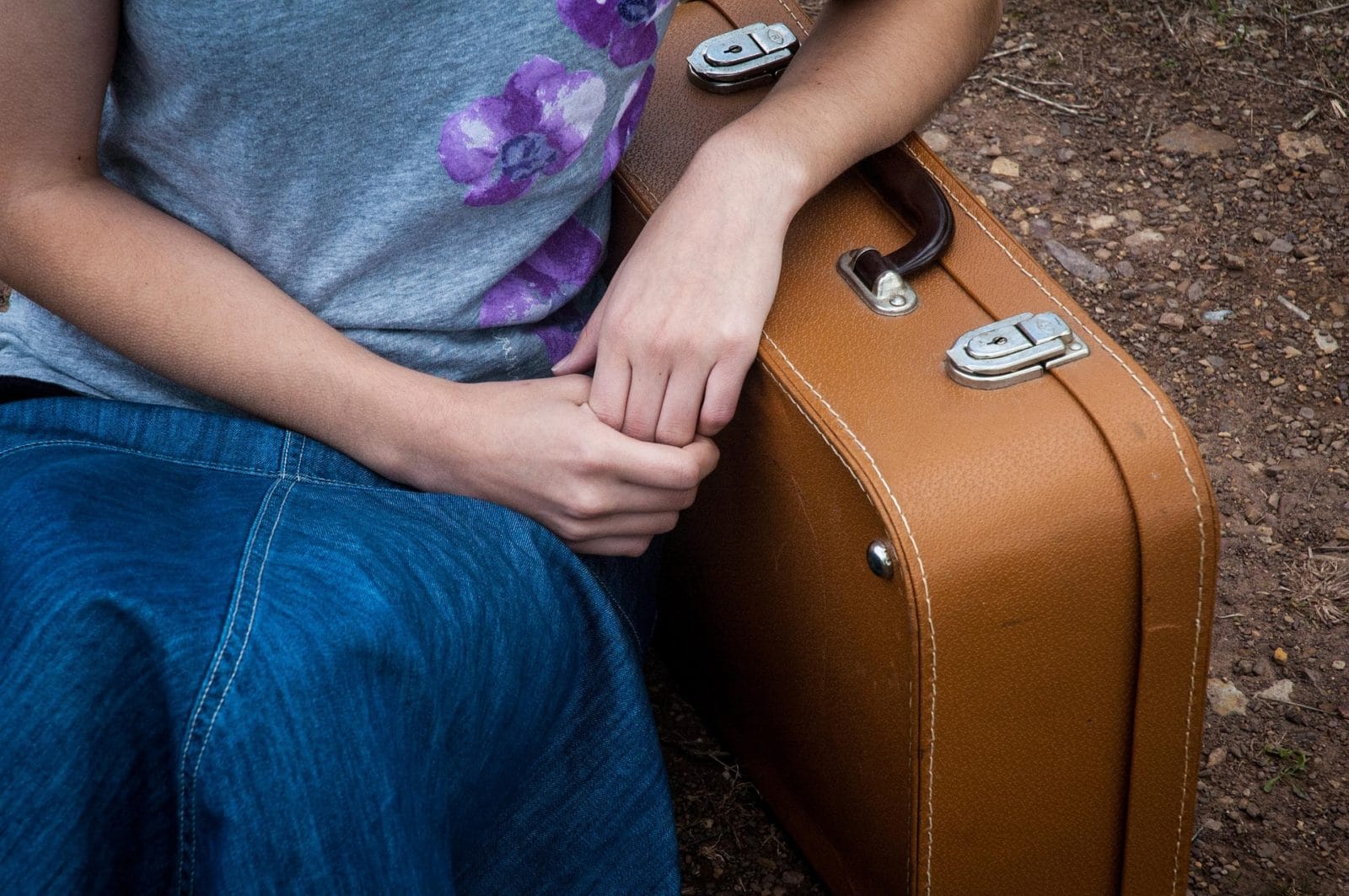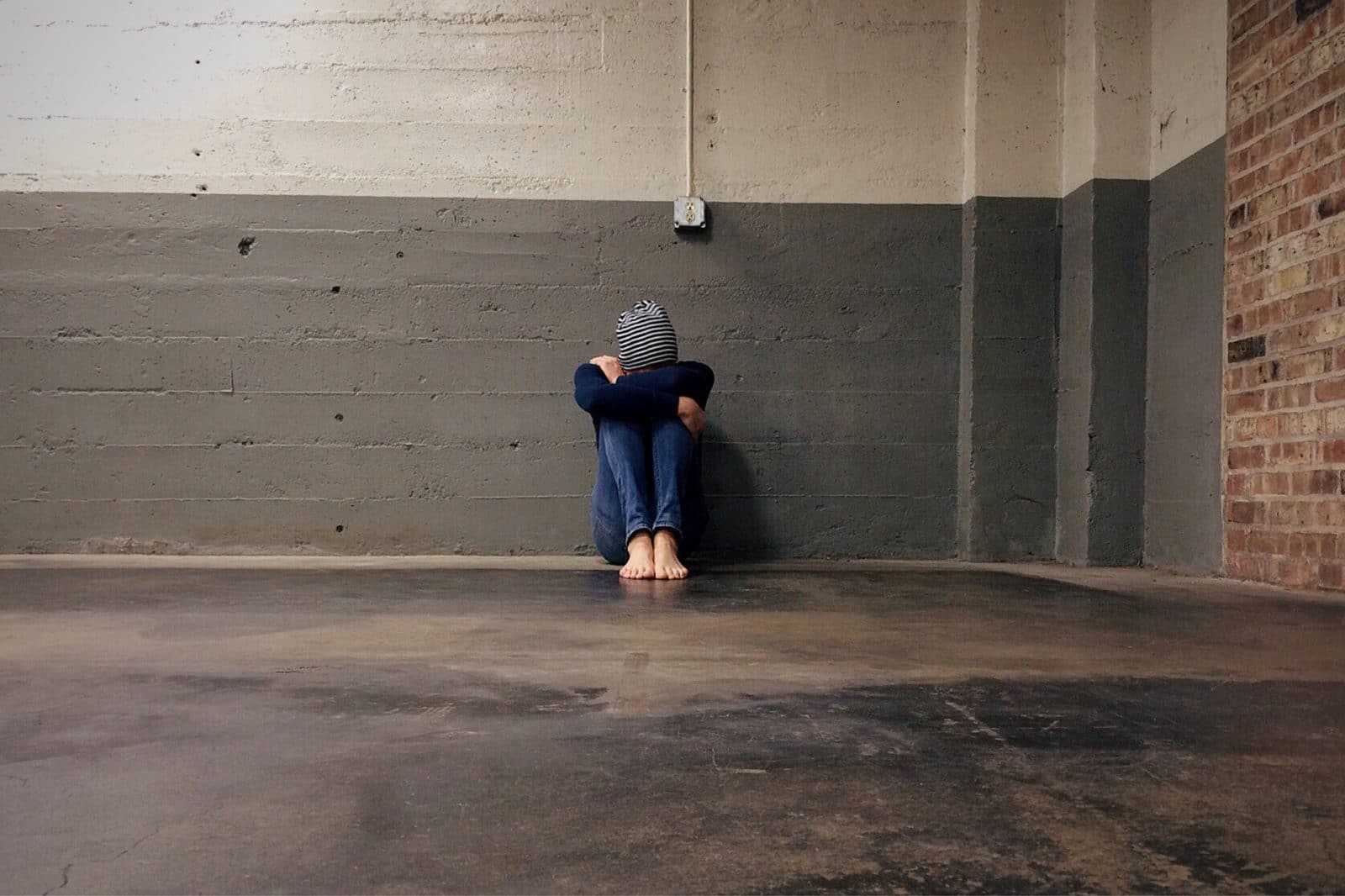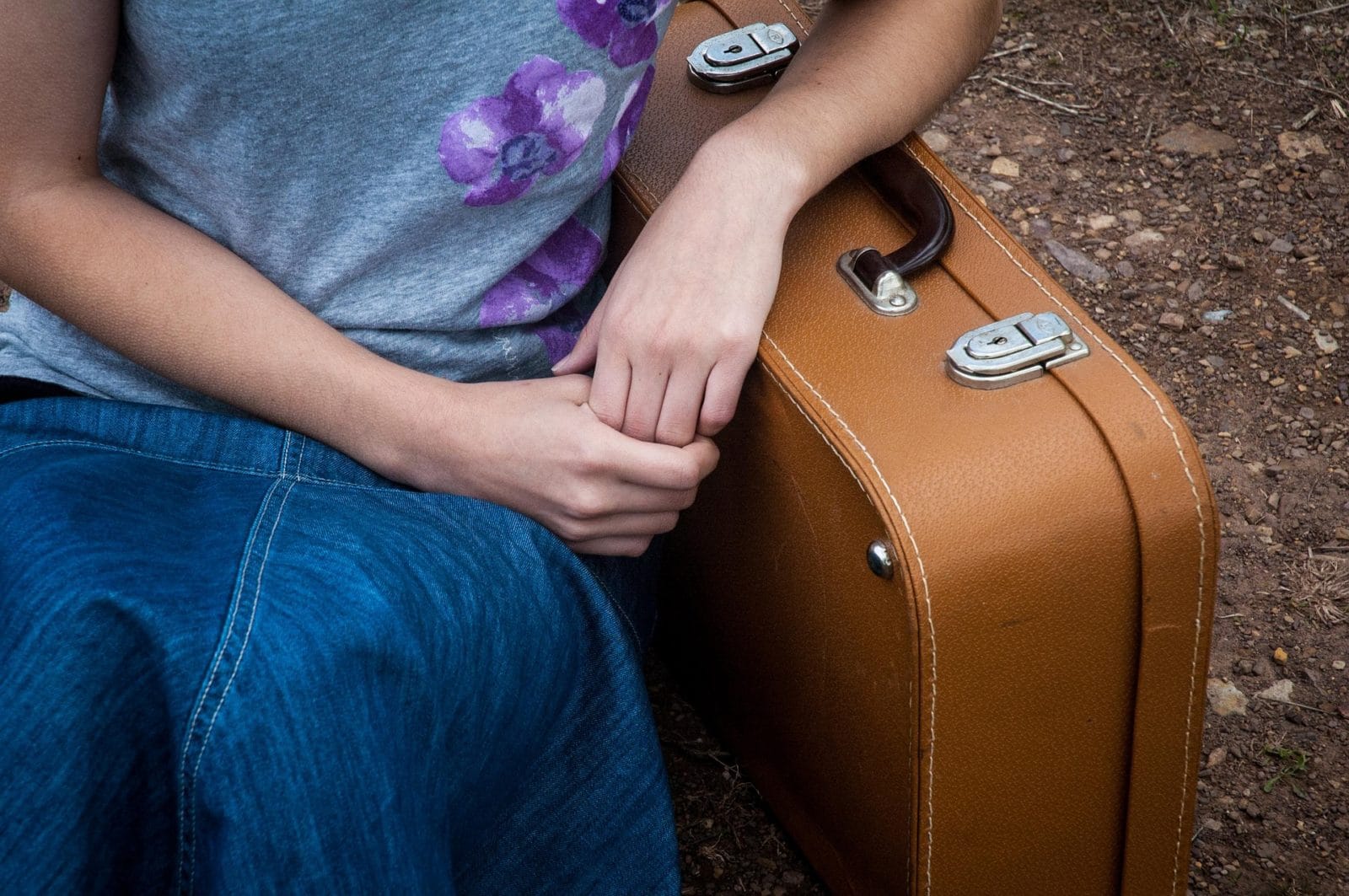Change is a natural part of life, especially modern life. And doubly so in the US where the average American moves 11 times in his or her lifetime. This compares with 4 times for most Europeans. And even less in most Asian countries.
Click for source. Some of this is involuntary but a lot is not, as we expect to change jobs more frequently than our parents, let alone grandparents. As adults we can usually consider and handle, or even welcome, change. But can our young ones? They, on the other hand, generally look for
stability.

Relocating a lot can affect children and adolescents, especially as they get older, in serious ways that may affect their
personalities and habits.
This is a very touchy subject for me. I moved to three different states and three different high schools. Many sources state that a child who relocates frequently at middle school age has a higher risk of suicide, drug abuse or bullying. Some children may fall pray to bullies, or compromise their beliefs in order to fit in, or become reclusive.
For example, when I was in high school I didn’t know anyone initially and felt isolated. Kids started bullying me. It came to a point where my mom had a hard time getting me to go to school. I never told her I was being bullied. This really is not trying to be a scare story. I can only relate my experience and, actually, other factors may have been at play. But I am certain that starting over repeatedly, in my case, made things more difficult.
This is a very touchy subject for me. I moved to three different states and three different high schools. Many sources state that a child who relocates frequently at middle school age has a higher risk of suicide, drug abuse or bullying. Some children may fall pray to bullies, or compromise their beliefs in order to fit in, or become reclusive.
For example, when I was in high school I didn’t know anyone initially and felt isolated. Kids started bullying me. It came to a point where my mom had a hard time getting me to go to school. I never told her I was being bullied. This really is not trying to be a scare story. I can only relate my experience and, actually, other factors may have been at play. But I am certain that starting over repeatedly, in my case, made things more difficult.
Some children adjust very fast when they start a new school
while others have a harder time. I have had some parents asking why is their child having such a hard time adjusting to the classroom? It is perfectly normal for both you and your child to be anxious when starting at a new school. I believe if you have concerns, it is better to express confidence and optimism about his/her new school and their ability to meet the new challenges. But also communicate with the child and his or her teachers. We are all working together to give each child the solid stability they want. And for new friends to be gained.
This is not a treatise against relocation. Far from it. It is part of life. But we, at ScuttleBugs, are very well aware of the uncertainties it can expose young children to. We are familiar with it and generally have even the most anxious kids soon running around and having fun. After a couple of days generally their anxieties are past them. With hopefully a gain in their confidence and understanding of life.
This is not a treatise against relocation. Far from it. It is part of life. But we, at ScuttleBugs, are very well aware of the uncertainties it can expose young children to. We are familiar with it and generally have even the most anxious kids soon running around and having fun. After a couple of days generally their anxieties are past them. With hopefully a gain in their confidence and understanding of life.

Parents and others adults can help children adjust if it's necessary. They can start by visiting the school before the children start and meet the teachers and staff. Our short term goal is to see them happy, calm and at ease which in turn allows them to settle in gently and at their own pace, start to learn how inter-personal relationships work, and start to enjoy everything being a child has to offer. Additionally, classroom and cafeteria for first day seems to calm their anxiety. Communicate with your kids and ask how their day went and what they learned at school.
Middle term, and again as a natural progression, their confidence grows and if they have to move again, which they will have to do even if to Kindergarten, they will move with far greater confidence. And the joy of seeing that is something that kids, parents and teachers all share with deep happiness. Even though we teachers are sorry to see them leave on the next stage of their journey.

